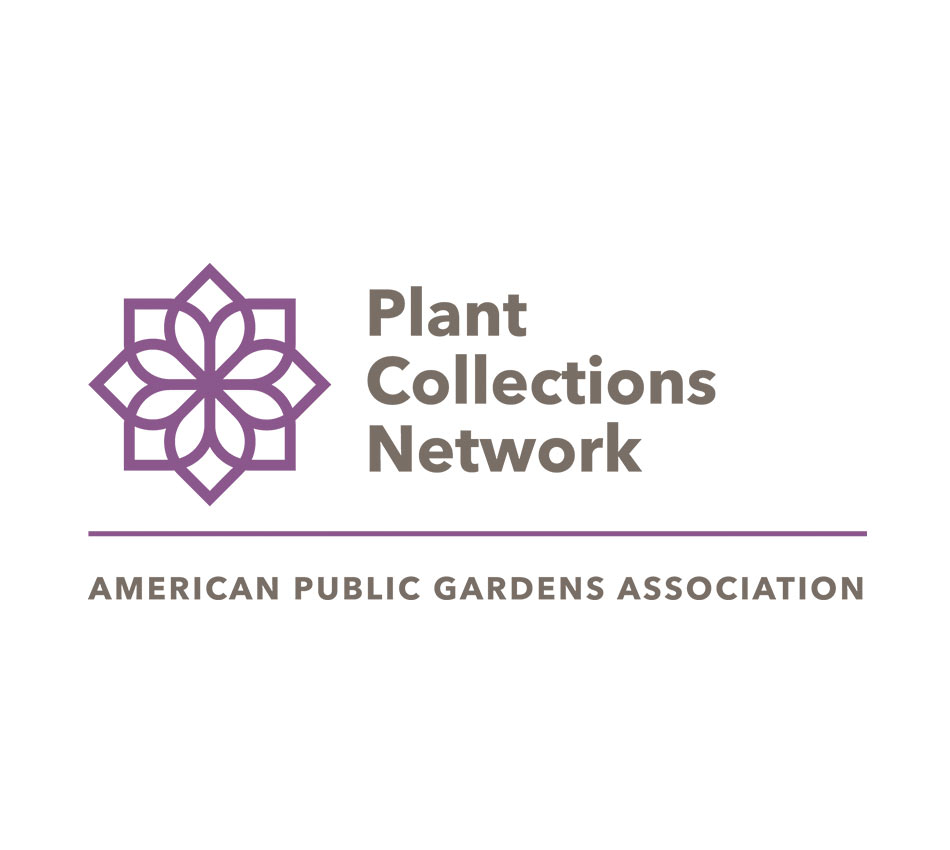Plant Collections Network, a signature program of the American Public Gardens Association, has articulated Standards of Excellence in Plant Collections Management.

Intended to be aspirational rather than prescriptive, these standards can serve as a "Compass for Progress" for all public gardens guiding a course toward continual improvement. They will help gardens set strategic goals, measure success, communicate the importance of collections management, and develop new cohorts of curators. Ultimately this will raise standards industry-wide, maximize collections use, and further the Association’s mission to serve and advance public gardens.
Readily applicable to any size organization, the standards are organized into four focus areas that can be applied to all types of public gardens and collections. These Standards of Excellence can be applied broadly to a garden's entire plant collections program or focus on a specific high-priority collection.
[DOWNLOAD/PRINT 11"X17" STANDARDS OF EXCELLENCE]
A companion Self-Assessment Tool is now available to help you evaluate your organization’s current level of collections management. Use the results along with the Standards of Excellence to strategically strengthen your plant collections program. We've defined Key Terms below. Those seeking accreditation for a core collection are encouraged to conduct an internal self-assessment prior to applying to Plant Collections Network.
[DOWNLOAD SELF-ASSESSMENT TOOL SPREADSHEET HERE]
KEY TERMS:
Accession
A plant or group of plants of identical parentage from one source at the same time, assigned a number or code to track in a plant records system.
Collections
Defined assemblages of plants within a garden’s overall inventory of plants. The scope of these collections could be taxonomic, floristic, conservation, historic, thematic, or some other defined group.
Alpha-Taxonomic
Each named taxon represented by one or several plants, without relation to representative sampling of wild populations.
Collections Policy
A core document intended to guide collection development and assessment to support the garden’s mission and programs. Typically establishes a management process indicating who is involved in decision making and oversight. Specific elements often include: collections mission, collections scope, acquisitions, documentation standards, deaccession/ disposal standards, invasiveness, access/intellectual rights/ethics.
Curation
The acquisition, accessioning, and stewardship of plants and their associated documentation to form a professionally managed collection in support of an institution’s mission.
Excellence
The quality of being outstanding or extremely good
Synonyms: distinction, quality, caliber, skill, accomplishment, merit
Provenance
The original source of an acquired plant, which could be an individual, institution, nursery, or wild population.
Standard
Something used as a measure, norm or model in comparative evaluations
Taxon
A group of plants that form a named unit, which could be a genus, species, or cultivar as familiar taxonomic rankings.
 Scope
Scope
 Documentation
Documentation
 Use
Use
 Management
Management








